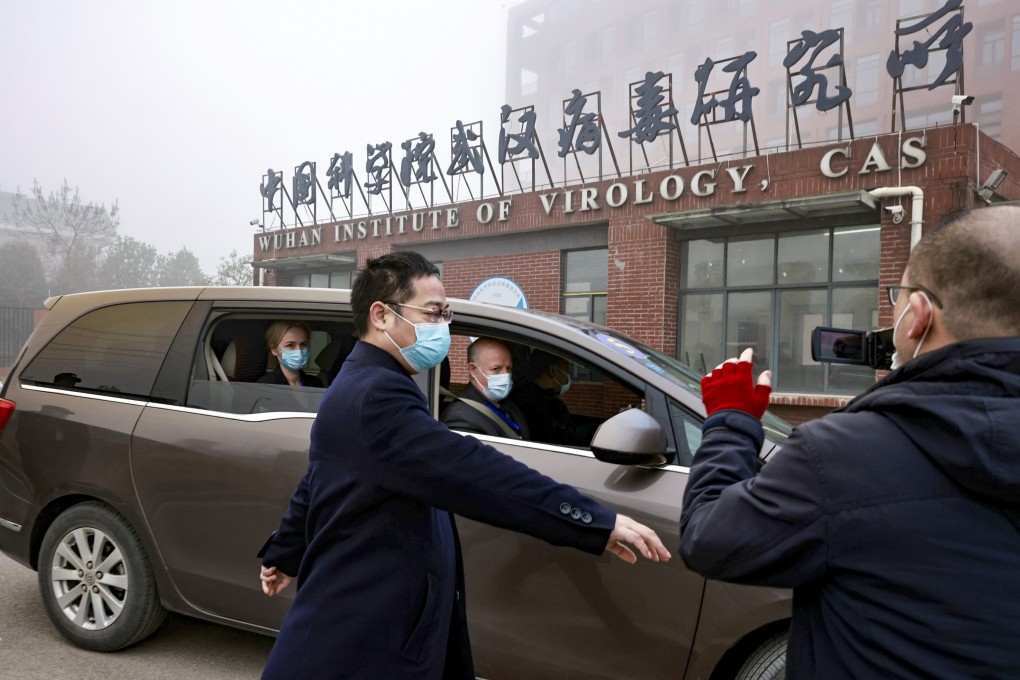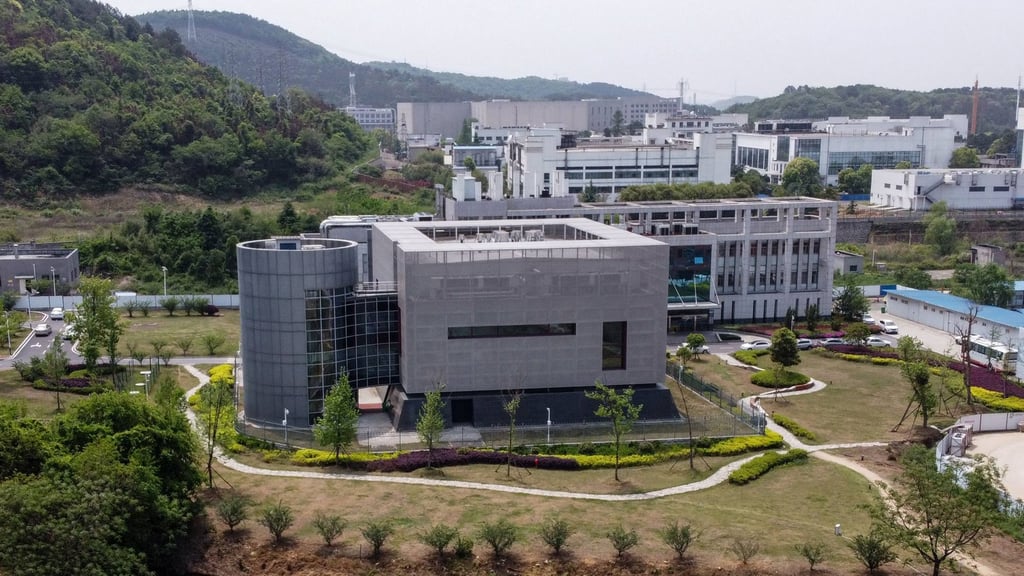Wuhan lab’s US partner embroiled in research funding debate as Covid-19 ‘lab leak’ row rages on
- EcoHealth Alliance has been studying how coronaviruses from animals, with bats as the main hosts, could affect humans. Its work, funded by US taxpayers, has been scrutinised amid efforts to determine the source of Covid-19
- Scientists say the saga underscores the need to improve transparency around research proposal vetting, including the opaque process of peer reviews

Much of this has been due to its long-time collaboration with the Wuhan Institute of Virology (WIV), which is located in the central Chinese city where Covid-19 was first reported in December 2019. Both organisations had collected and modified bat viruses to explore the threat of emerging diseases to humans.
As international scientists and the US intelligence community sought to determine the source of Covid-19 – with some believing it leaked from a lab, namely the WIV, while others saying it emerged naturally – EcoHealth Alliance last year saw its funding from the National Institutes of Health (NIH) suspended by the Trump administration.

The US medical research agency subsequently told EcoHealth Alliance that its grant could be reinstated subject to strict conditions, but the group said those would be practically impossible to meet.
Now, newly-released documents from the NIH related to EcoHealth Alliance’s funding are renewing long-standing questions about biosafety and the transparency of procedures for approving sensitive scientific research, including the opaque process of peer reviews
This Week in Asia obtained 26 pages of documents related to EcoHealth Alliance’s research project, Understanding the Risk of Bat Coronavirus Emergence, following a freedom-of-information request with the NIH.
While heavily redacted, the documents – which include scientific peer review assessments of EcoHealth Alliance’s grant proposal to study the risk of bat coronaviruses to humans – highlight the secrecy involved in approving scientific funding, while also offering a glimpse into how scientists who reviewed the non-profit’s research proposals viewed its work.
Other recently-released documents have further fuelled the unproven theory that Covid-19 escaped from a lab.